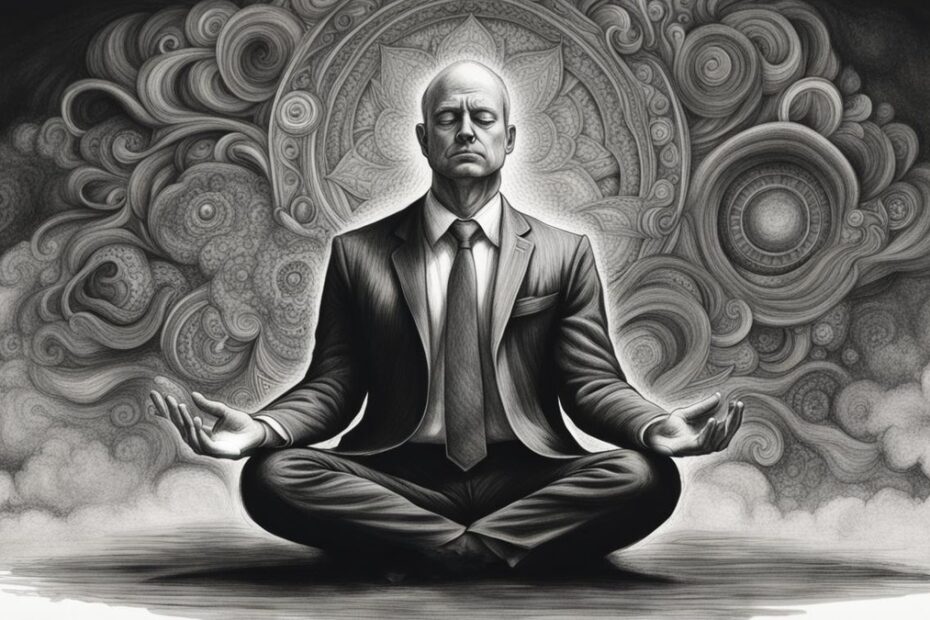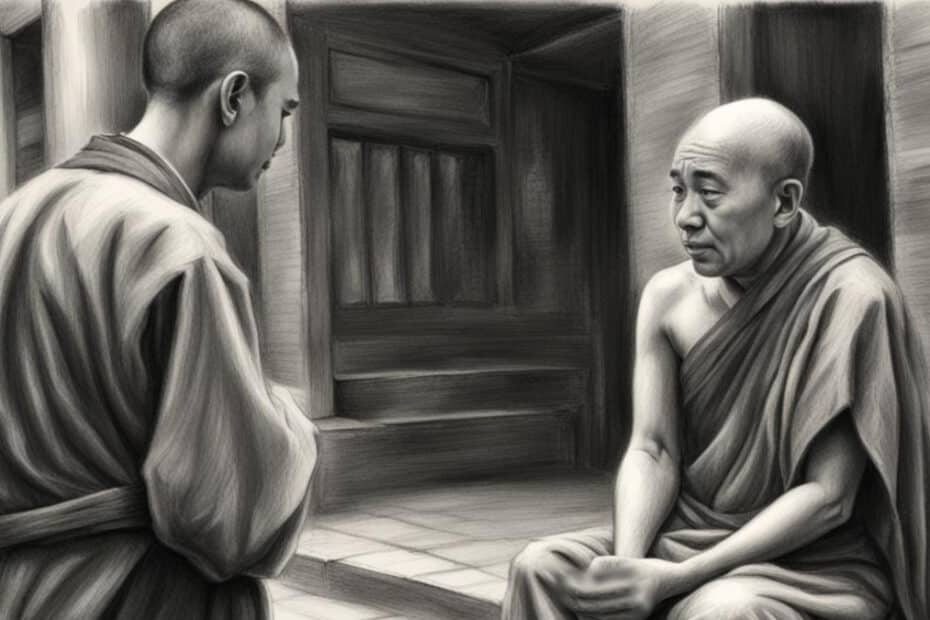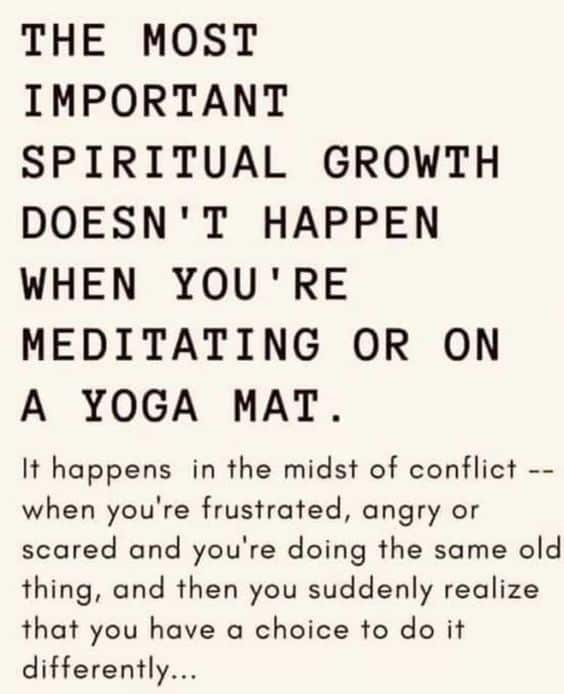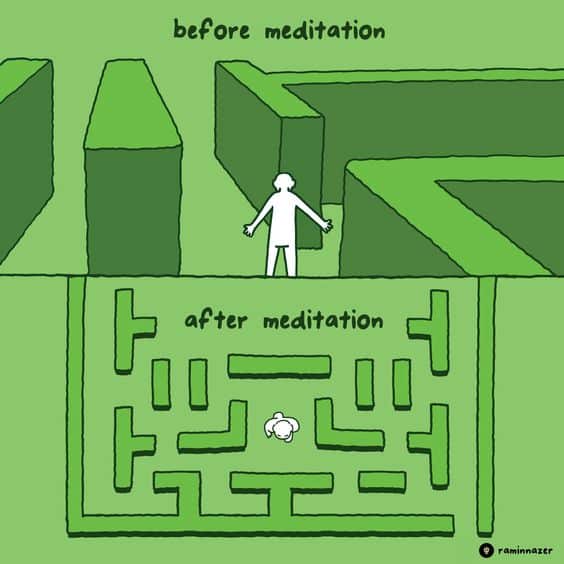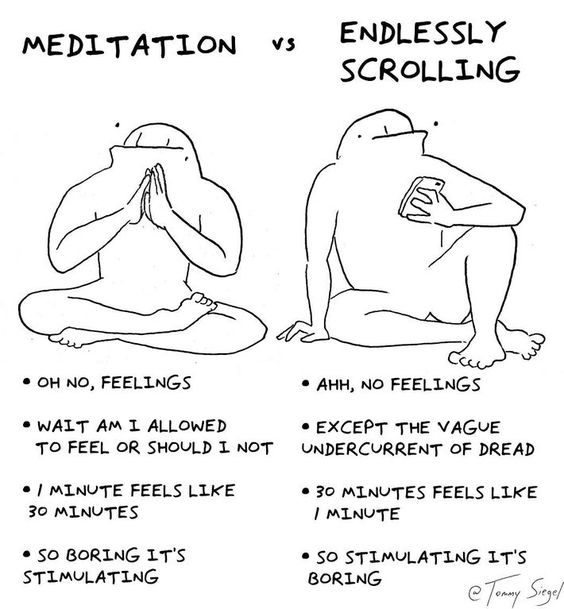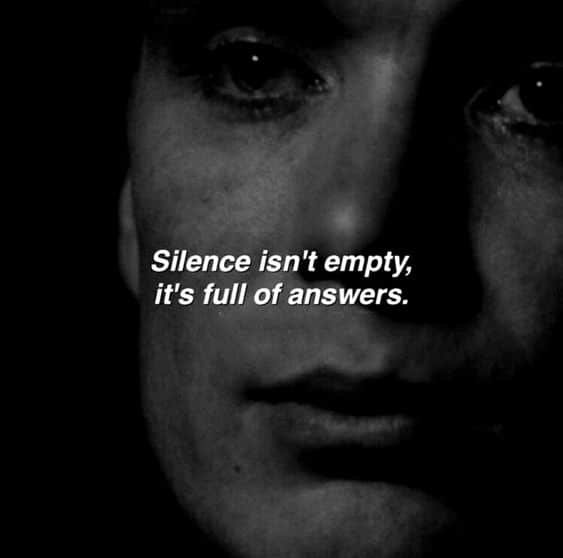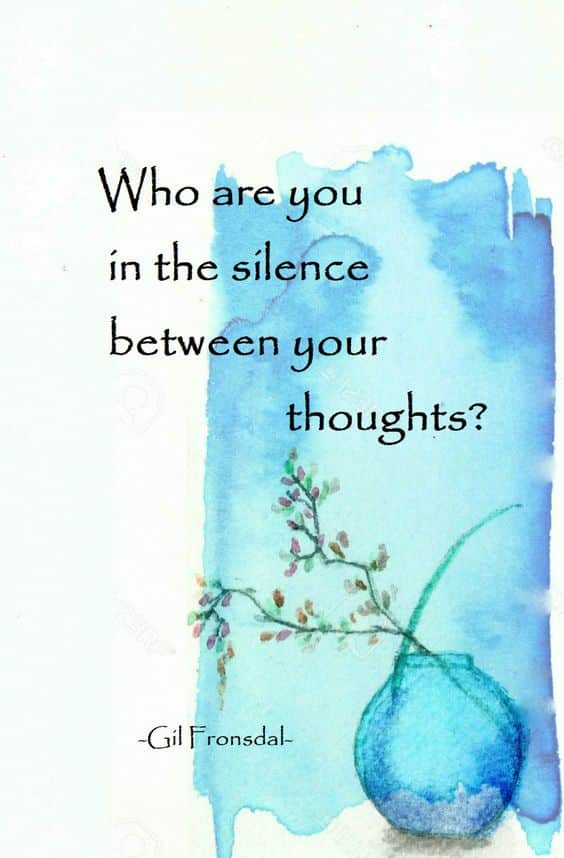“Meditation is a state of mind which looks at everything with complete attention, totally, not just parts of it. And no one can teach you how to be attentive. If any system teaches you how to be attentive, then you are attentive to the system and that is not attention. Meditation is one of the greatest arts in life—perhaps the greatest, and one cannot possibly learn it from anybody, that is the beauty of it. It has no technique and therefore no authority.”
J. Krishnamurti, Freedom From The Known (Page 116)
“Learn to be alone, but never get too attached to your aloneness. Remain capable of relating with others. Learn to meditate, but don’t move so far to an extreme that you become incapable of love. Be silent, peaceful, still, but don’t get obsessed by this stillness, or you will not be able to face the marketplace. It is easy to be silent when you are alone. It is difficult to be silent when you are with people, but that difficulty has to be faced. Once you are able to be silent with people, you have attained; now nothing can destroy it.”
Osho, Everyday Osho (Page 163)
How Do I Know If Meditation Is Working?
Excerpt: Meditating is the act of, essentially, doing nothing. Which can feel totally counterproductive in our world. But, what if the opposite was true?
Read More »How Do I Know If Meditation Is Working?
Short Story of A Dejected Young Man Who Seeks Enlightenment Minus the Meditation and Fasting
Excerpt: “Can I find enlightenment without all that meditation and fasting?” the young man asks. “Perhaps,” says the master… “But you will need…”
Read More »Short Story of A Dejected Young Man Who Seeks Enlightenment Minus the Meditation and Fasting
“With meditation there is a deep necessity for love. They are both like wings, and you cannot fly with one wing. If meditation is going well, suddenly you will see that love is missing. If love is going very well, suddenly you will see that meditation is missing. If nothing is going well, then it is okay. One settles with one’s sadness, one’s closedness. But when one wing has started moving, the other wing is needed.”
Osho, Everyday Osho (Page 95)
Think Like A Monk [Book]

Book Overview: In this inspiring, empowering book, Shetty draws on his time as a monk to show us how we can clear the roadblocks to our potential and power. Combining ancient wisdom and his own rich experiences in the ashram, Think Like a Monk reveals how to overcome negative thoughts and habits, and access the calm and purpose that lie within all of us. He transforms abstract lessons into advice and exercises we can all apply to reduce stress, improve relationships, and give the gifts we find in ourselves to the world. Shetty proves that everyone can—and should—think like a monk.
Post(s) Inspired by this Book:
“It is the power when you don’t do anything with your energy and you simply delight in its presence… A sheer delight in being full of energy… the sheer delight of a young, green tree… the sheer delight of a cloud, a white cloud wandering in the sky… the sheer delight of a lotus flower… the sheer delight of the sun coming out of the clouds… the sheer delight of being so full of energy… vibrant, alive, throbbing. When you don’t put your energy to any purpose whatsoever, then energy itself starts moving in a vertical line. If you put it to work, to some action, it moves in a horizontal line. Then you can make a big house, you can have more money, you can have more prestige, this and that. When you put energy to work, it moves in the horizontal line. When you don’t put energy to work, you simply delight in its presence, you are happy that it is there, then it moves in a vertical line. I am not saying stop all work. I am saying find a few moments for vertical movement also. Horizontal movement is okay, but not enough. It is necessary for life—but man cannot live by bread alone. You can get bread through horizontal work, but love, meditation, God, nirvana—they exist on the vertical line. So sometimes just sit, do nothing. Sitting silently, doing nothing, and something goes on growing within you. You become a reservoir, and you start throbbing with an unknown delight. When you are full of energy, you are in contact with the whole. And when you are in contact with the whole, you are full of energy.”
Buddha
“Meditation simply means becoming empty of all the contents of the mind: memory, imagination, thoughts, desires, expectations, projections, moods. Once has to go on emptying oneself of all these contents. The greatest day in life is when you cannot find anything in you to throw out; all has already been thrown out, and there is only pure emptiness. In that emptiness you will find yourself; in that emptiness you find your pure consciousness.”
Osho, Everyday Osho (Page 30)
“Meditation means to be oneself, and love means to share one’s being with somebody else. Meditation gives you the treasure, and love helps you to share it. These are the two most basic things, and all else is nonessential.”
Osho, Everyday Osho (Page 23)
“Meditation simply means transforming your unconsciousness into consciousness. Normally only one-tenth of our mind is conscious, and nine-tenths is unconscious. Just a small part of our mind, a thin layer, has light; otherwise the whole house is in darkness. And the challenge is to grow that small light so much that the whole house is flooded with light, so that not even a nook or corner is left in darkness.”
Osho, Everyday Osho (Page 1)
Everyday Osho [Book]
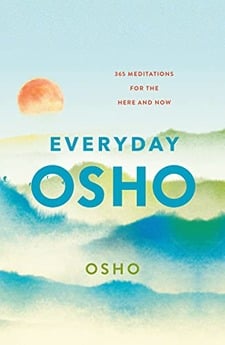
Book Overview: Everyday Osho features 365 short meditations that offer insights into living fully in the here and now. Each brief text is thoughtful and inspiring and the perfect length for starting a daily meditation practice. With topics that range from gratitude to nature to philosophy to love, Everyday Osho contains a full year of meditation and inspiration.
Post(s) Inspired by this Book:
Letting Your Bow Relax—A Short Story About Not Being So Serious All Of The Time
“The clearest and simplest notions are almost always concealed by sophisticated meditations.”
Marcus Tullius Cicero, A Calendar of Wisdom (Page 213)
“We can understand wisdom in three ways: first, by meditation; this is the most noble way. Secondly, by being influenced by someone or following someone; this is the easiest way. Third is the way of experience; this is the most difficult way.”
Confucius, A Calendar of Wisdom (Page 185)
"when chaos is all around you the wisest choice is to create peace within you your peace shines outward and supports the creation of a new harmony (meditation) ~ Yung Pueblo, Inward (Page 120)
“All of humanity’s problems stem from man’s inability to sit quietly in a room alone.”
Blaise Pascal, The Daily Laws (Page 106)
